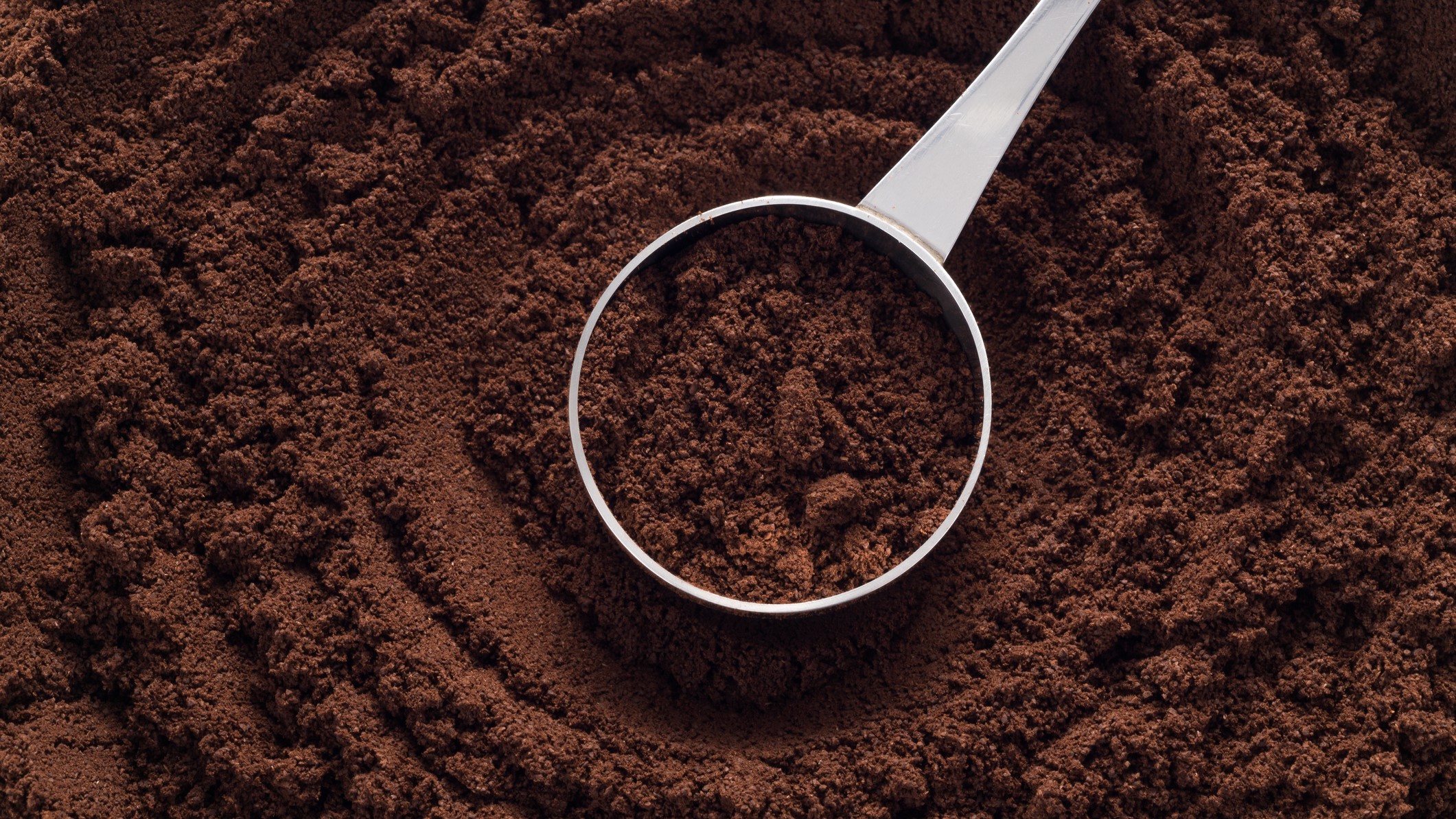Man dies from caffeine overdose after drinking equivalent of 200 cups of coffee
The man made an error when measuring caffeine powder that resulted in him consuming a fatal dose of caffeine.

A man in the U.K. died from a caffeine overdose after drinking a mixture containing the caffeine equivalent of several hundred cups of coffee, according to news reports.
The 29-year-old man, Tom Mansfield, was a personal trainer who had ordered a 100 gram (3.5 oz) bag of caffeine powder to use in supplement drinks, according to Yahoo News. However, when measuring the powder on a scale, he made an error that resulted in him consuming a fatal dose of caffeine.
The recommended dose of caffeine powder was between 60 and 300 milligrams (0.002 and 0.01 oz), but the scale Mansfield used had a starting weight of 2 grams (0.07 oz), according to the BBC. This meant Mansfield ended up consuming several grams of the powder, equivalent to up to 200 cups of coffee, according to the BBC.
Related: 10 things you need to know about coffee
Immediately after consuming the drink on Jan. 5, 2021, Mansfield clutched his chest and said his heart was beating fast, the BBC reported. He then began foaming at the mouth, and his wife called an ambulance. Mansfield was taken to the hospital after going into cardiac arrest, and was pronounced dead later that day.
The coroner found that Mansfield had a caffeine level in his blood of 392 mg per liter. The typical caffeine level after drinking a cup of coffee is around 2 to 4 mg per liter, the BBC reported.
Caffeine powders can be dangerous because they are much more potent than caffeine-containing beverages like coffee. In 2015, the U.S. Food and Drug Administration warned several companies selling the powder that their products posed a "significant or unreasonable risk of illness or injury to consumers," Live Science previously reported.
Sign up for the Live Science daily newsletter now
Get the world’s most fascinating discoveries delivered straight to your inbox.
The agency noted that it can be difficult for consumers to accurately measure a safe dose of caffeine powder. For example, to measure out 50 mg of powder using a quarter-teaspoon measuring spoon, a consumer needs to fill just 6% of the spoon. "The difference between a safe amount and a toxic dose of caffeine in these pure powdered products is very small," the agency said.
In Mansfield's case, the company that sold the powdered caffeine product did not include a scoop to measure at the time of Mansfield's death; but the brand now does include a scoop, according to North Wales Live. The corner said that if the scoop had been available at the time, Mansfield would likely still be alive, North Wales Live reported.
Related: signs you might have caffeine sensitivity
Originally published on Live Science.

Rachael is a Live Science contributor, and was a former channel editor and senior writer for Live Science between 2010 and 2022. She has a master's degree in journalism from New York University's Science, Health and Environmental Reporting Program. She also holds a B.S. in molecular biology and an M.S. in biology from the University of California, San Diego. Her work has appeared in Scienceline, The Washington Post and Scientific American.









